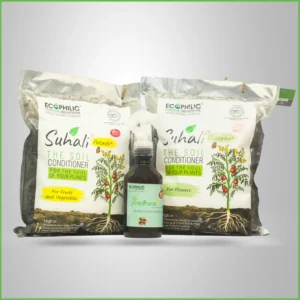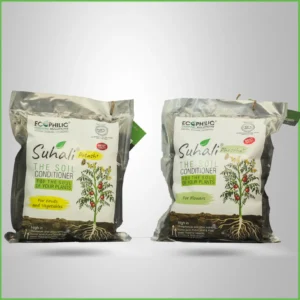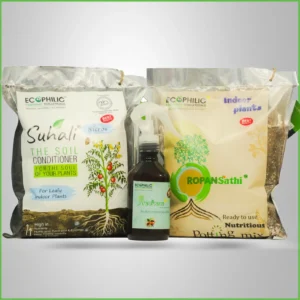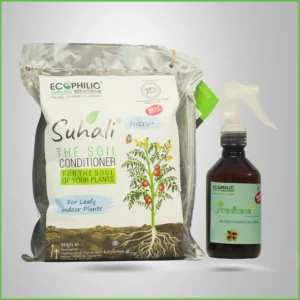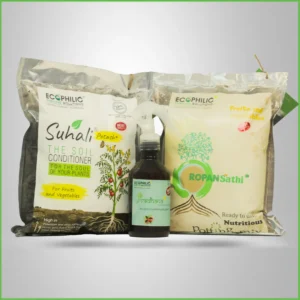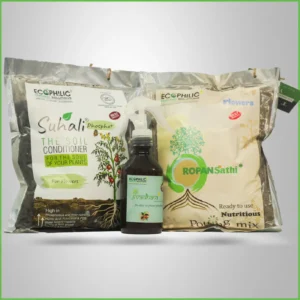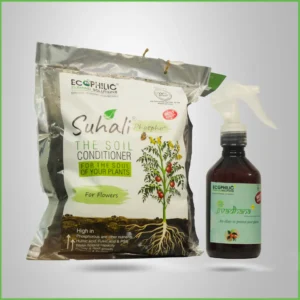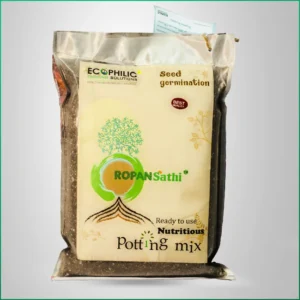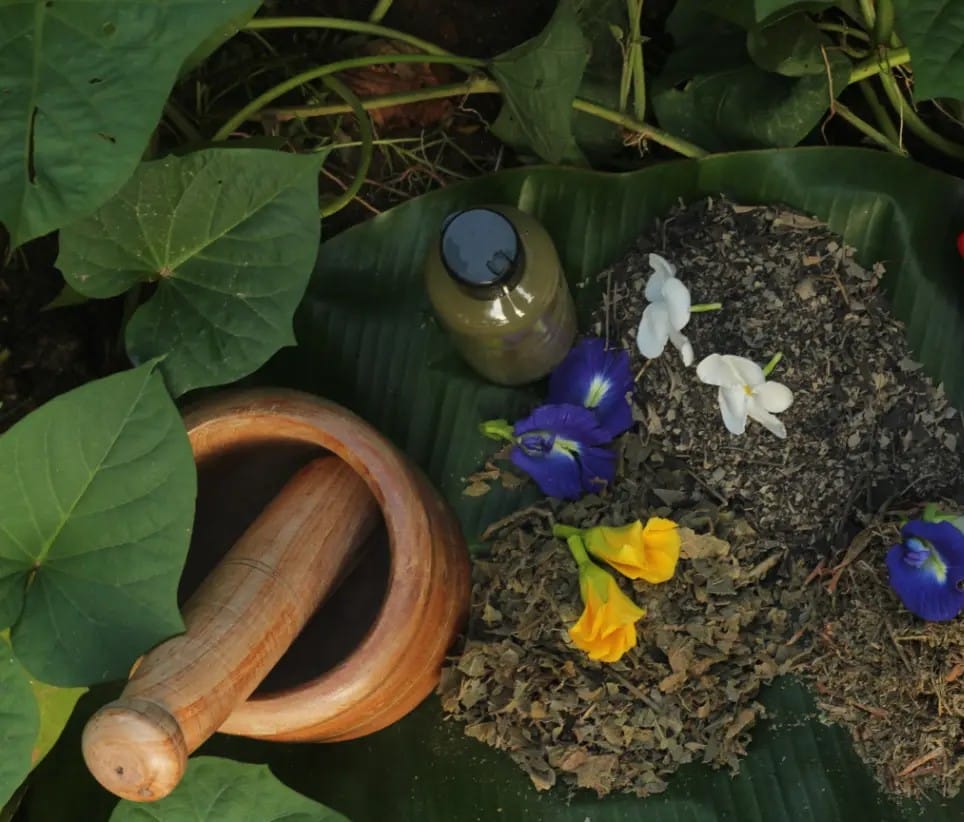Indigenous Traditional Knowledge (ITK) comprises an intricate web of methods for managing pests since ancient age. They have been standardized over many years. These techniques frequently evolved from a thorough understanding of the plant types, local climates, and pest behavior. Here are a few crucial elements:
Cultural Practices
There are different methods under cultural practices, such as crop rotation, intercropping, etc. Crop rotation is the practice of switching up the crops cultivated in a certain location to interfere with pest life cycles and stop infestations. So you should not repeat the single crop, but planting different crops will reduce the risk of pest attack.
Planting several crops close together to ward off pests is known as intercropping. For instance, marigolds are frequently planted next to vegetables as a pest deterrent against nematodes.
Natural Repellents
There are many plants and weeds found in nature with pest repellent abilities. They are lemongrass, basil, rosemary, nigundi, neem, etc. Their extracts can be used as natural pesticides. Even a chili-garlic mixture or diluted syrup of old buttermilk can act as a superb repellant.
Companion Planting
Some of the plants, if planted together, will not only increase their productivity but also there is less occurrence of pests. Merigold is the best example of a companion plant. Merigold plants are good pest repellants and also attract beneficial insects like bees and butterflies. Some of the companion duos are onion and tomatoes, carrots and tomatoes, corn and beans or peas, beets and lettuce.
Biological Control
Attracting birds, ladybugs, and natural predators is one of the best biological controls. You just need to grow some companion plants, which can be a food source for such beneficial insects and birds. This process is called creating a natural haven for the natural enemies of the pests. Dont be farid of teh spiders roaming around in your garden. They are true natural enemies of the pests.
Physical Barriers
Using home-made traps is also like light traps with a tub with formalin to collect pests and can act as effective pest control measures. A yellow or blue plastic container can be used to prepare a trap by cutting four windows in four walls. Adhesive can be applied on the walls, a light on the upper top side and water can be kept on the base. This will act both as sticky trap as well as light trap.
Soil Health Management
Using good-quality organic manure not only revives the soil’s health but also keeps your plants healthy. It will increase the population of beneficial microbes and earthworms in the soil, which inturns feed on organic matter and increase the humus content in soil. This makes the garden soil more fertile.
Timing and observation
Identifying the pest infestation in the early phase can be very crucial and easy to control. During high humidity and still no rain phase, chances of pest attack are maximum. So taking preventive measures and acting on time, can save your plants.
Community Knowledge Sharing
Participating in various agriculture-based communities can increase your knowledge. People with the same interests in plants can share their experience and also discuss different measures they apply to get the best results. It is the best way to learn from many.
These techniques show how to grow plants sustainably and in balance with the environment. Being eco-freidnly,these methods are also safer for kids and pets. One can improve their gardening skills by combining ITK with contemporary agriculture techniques.
Being inspired by these knowledges, Ecophilic Farming Solutions, curated their products Suhali and Jivadhana. Suhali, checmical-free soil conditioner, can enhance the soil health and Jivadhana, a checmical- free liquid formulation can keep your pests away.
